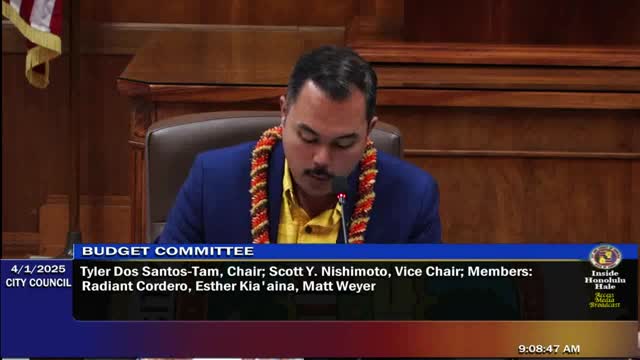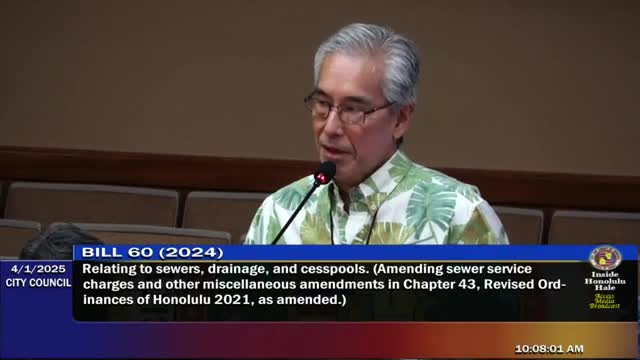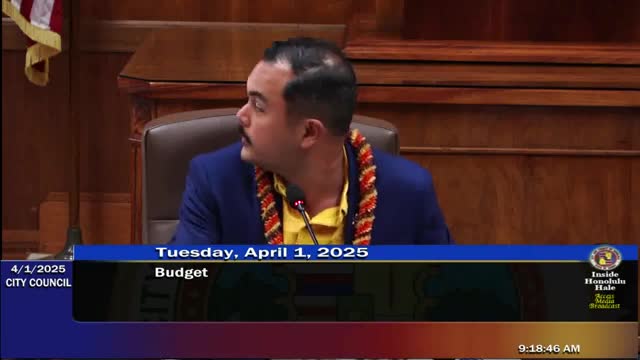Article not found
This article is no longer available. But don't worry—we've gathered other articles that discuss the same topic.

Budget committee actions at a glance: transfers approved, two tax measures postponed, Bill 60 set for public hearing

Committee approves draft consolidated plan; HOPWA allocation will shift to state next year

